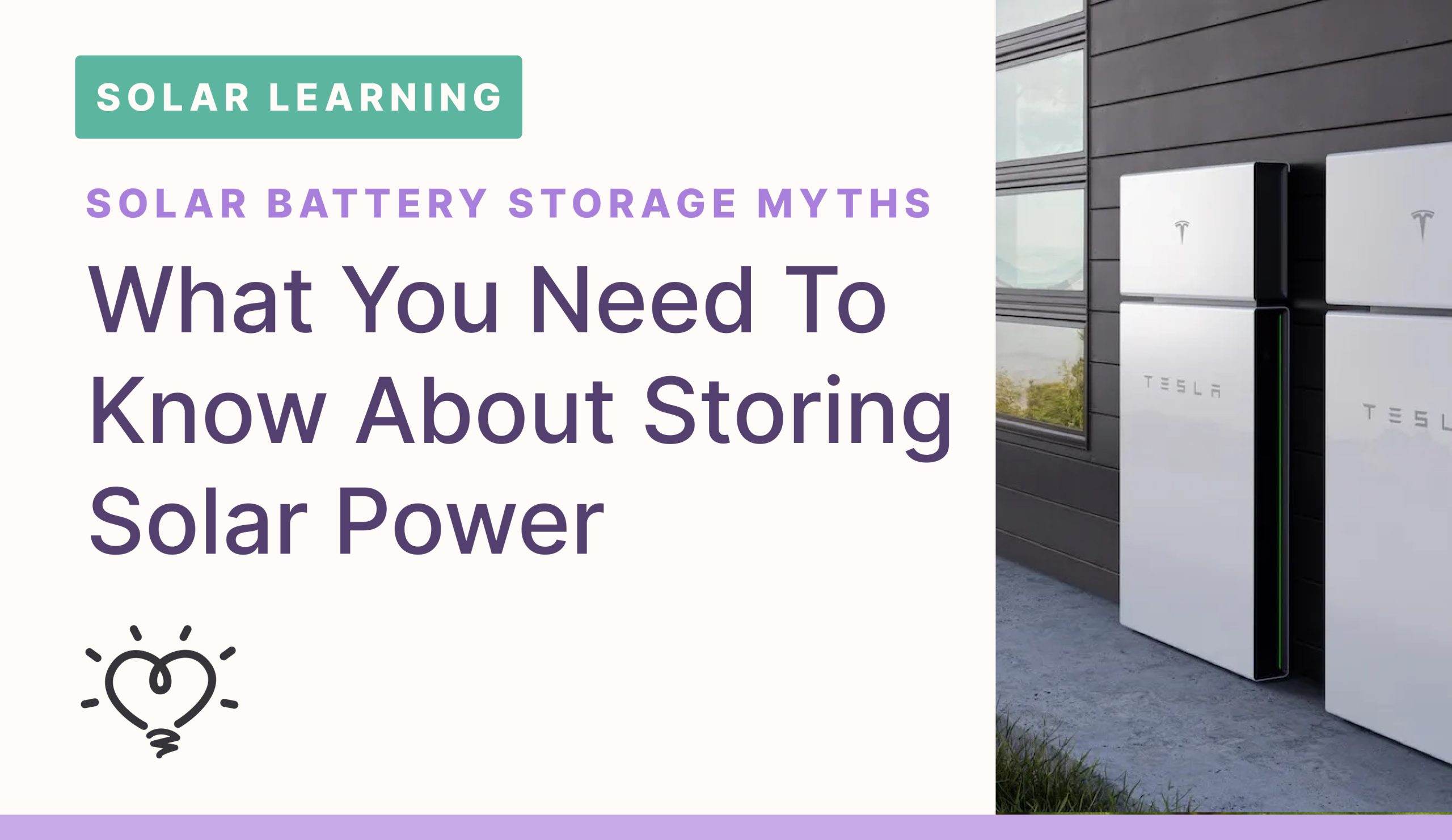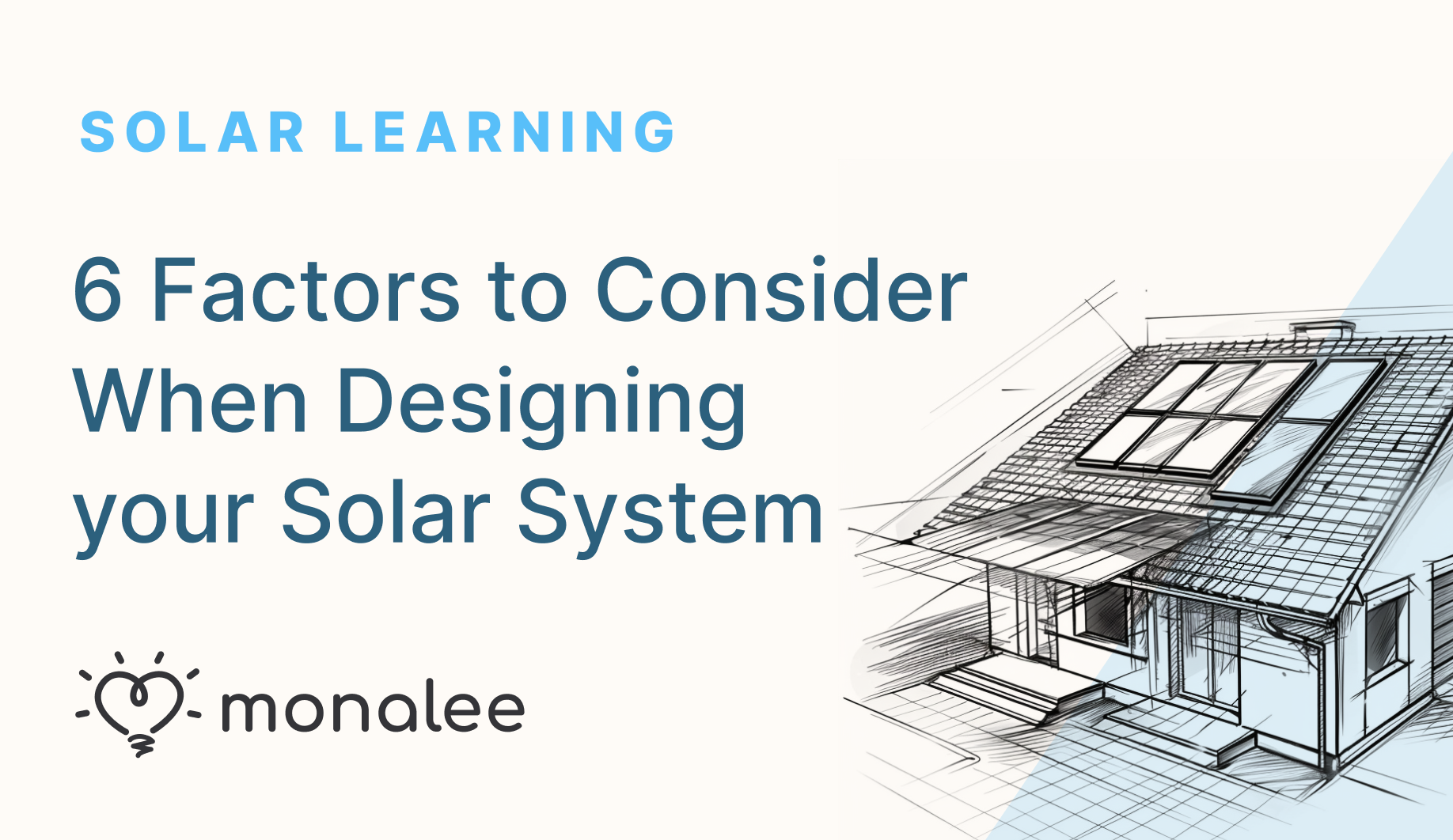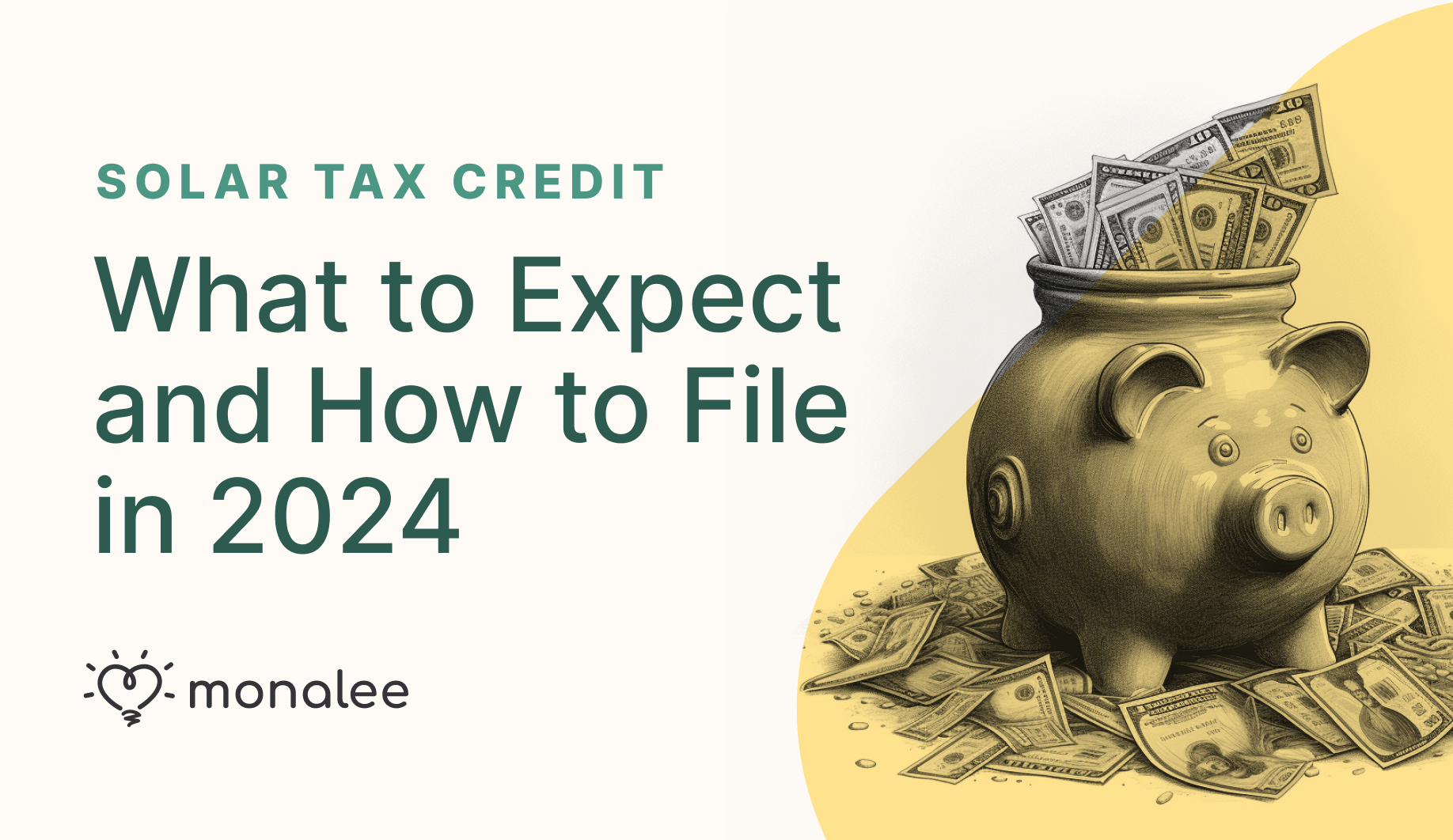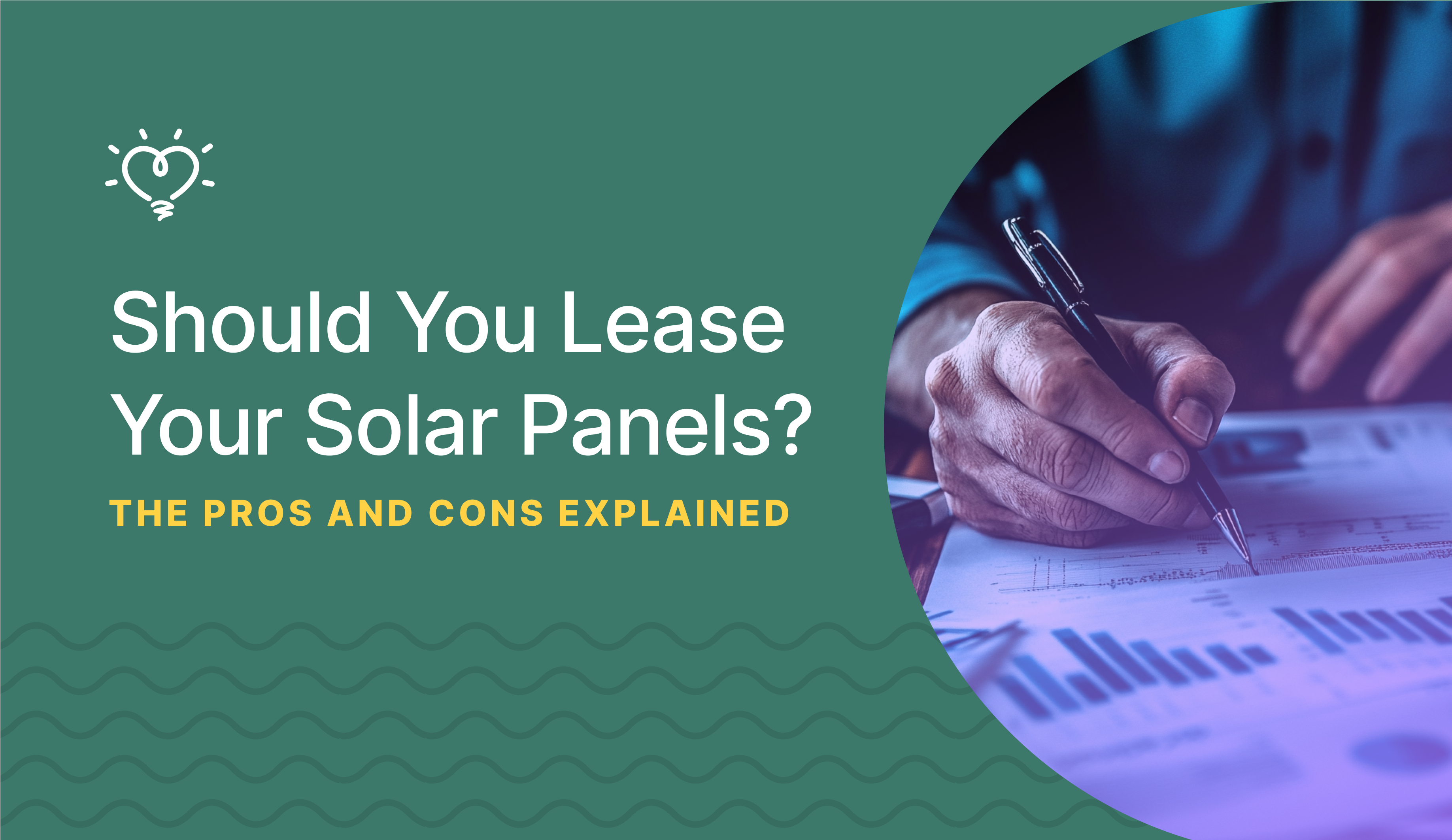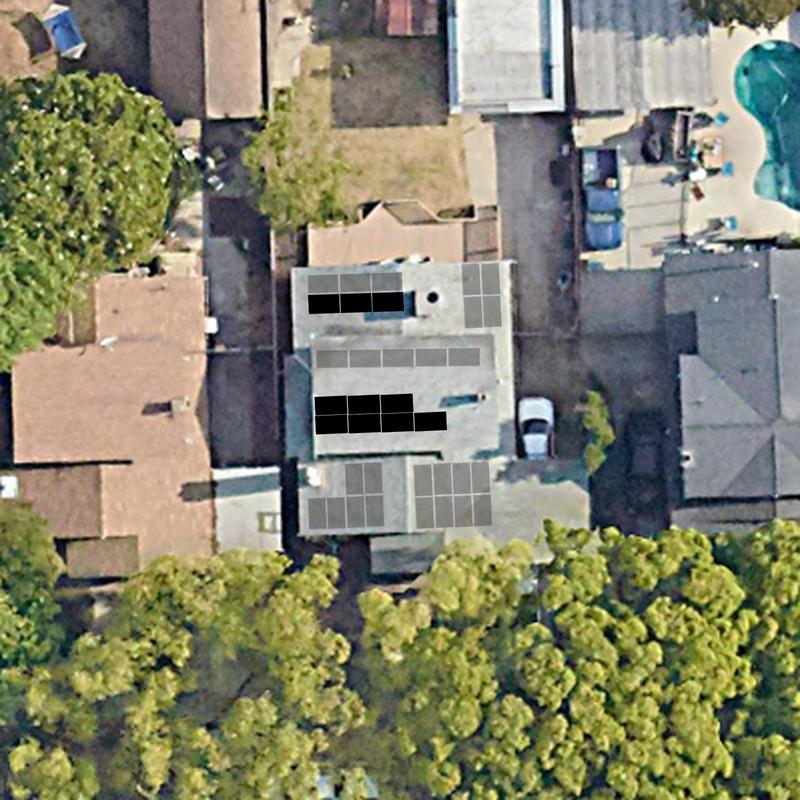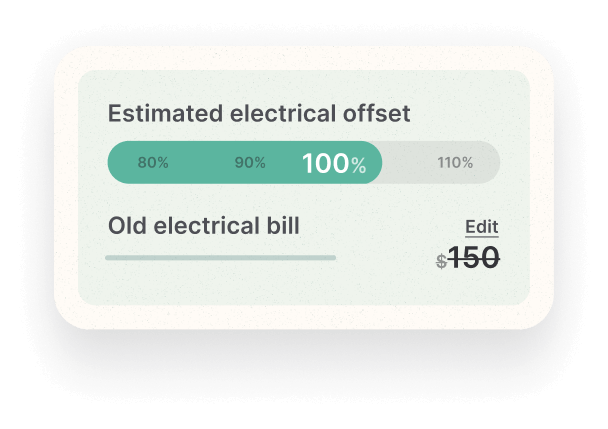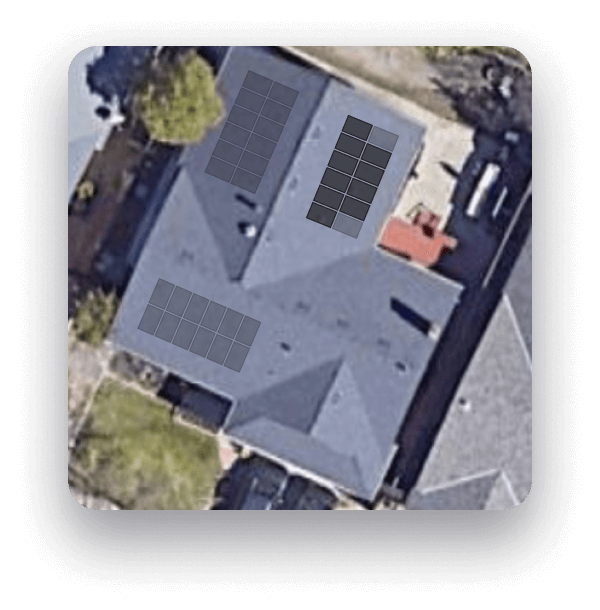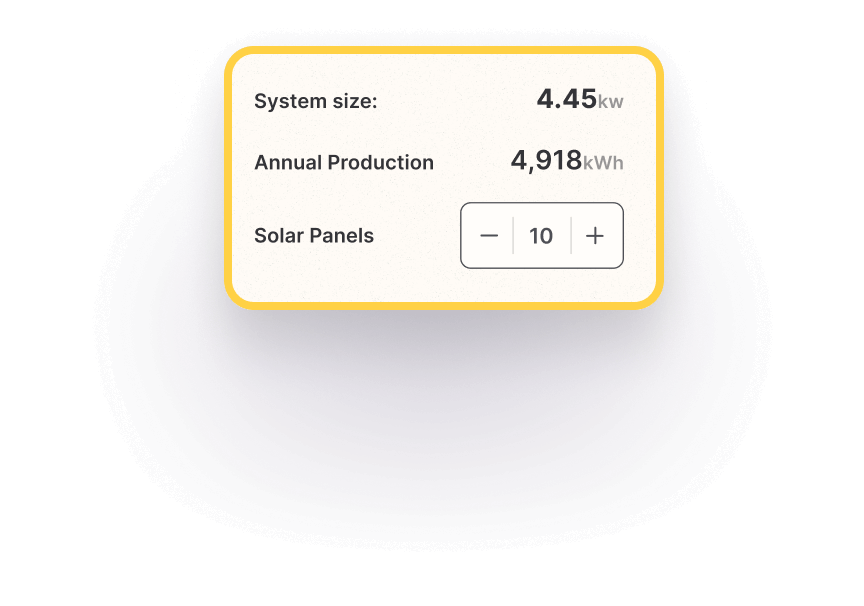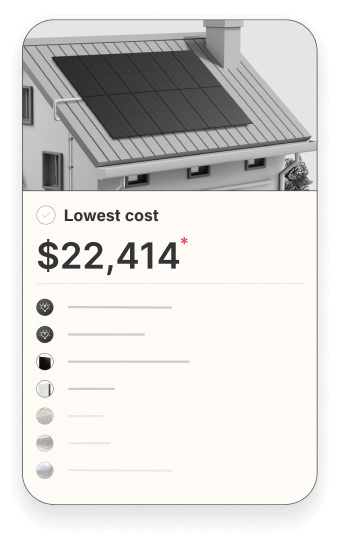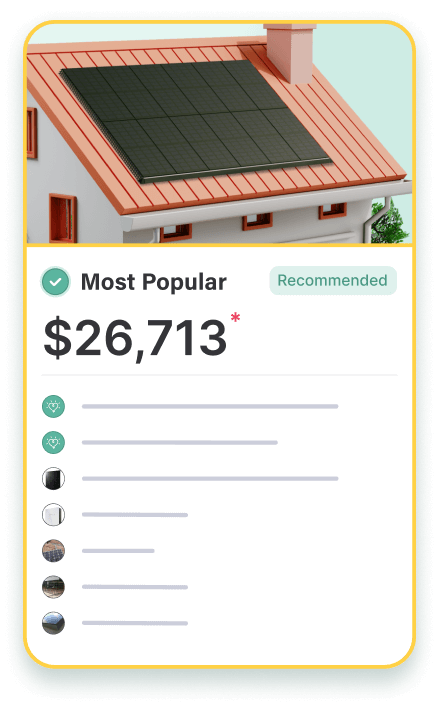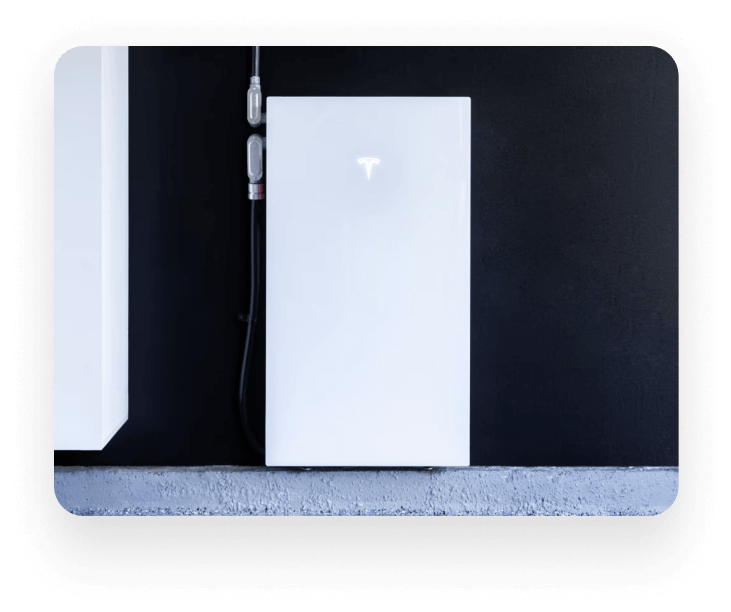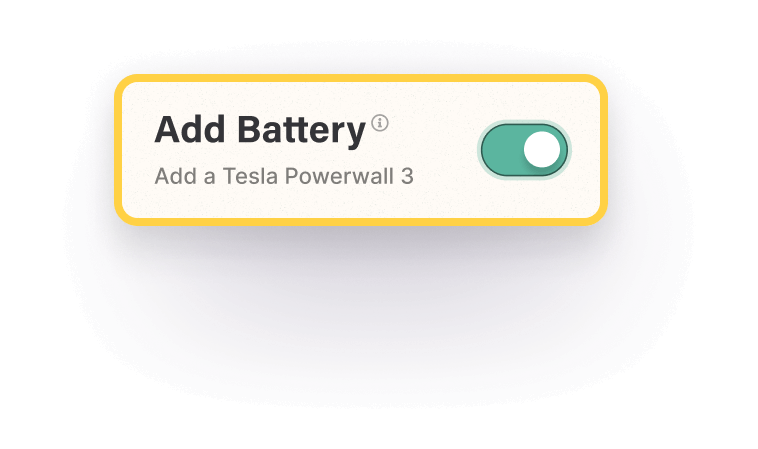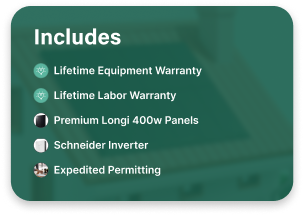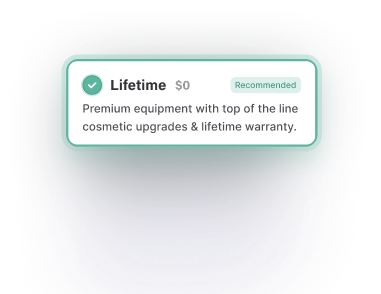Solar batteries aren't for everyone, but the benefits do tip the scales in their favor. Here's what to know.
As more homeowners embrace solar power, there’s a growing interest in understanding how battery storage complements solar energy systems. But a few questions always pop up when discussing solar and the different components you can install in your home.
Don’t you need to be off the grid to use stored energy? Do batteries need to be replaced often?
To help clear up some of the most common myths, we will debunk some of them and provide insights into what you should know.
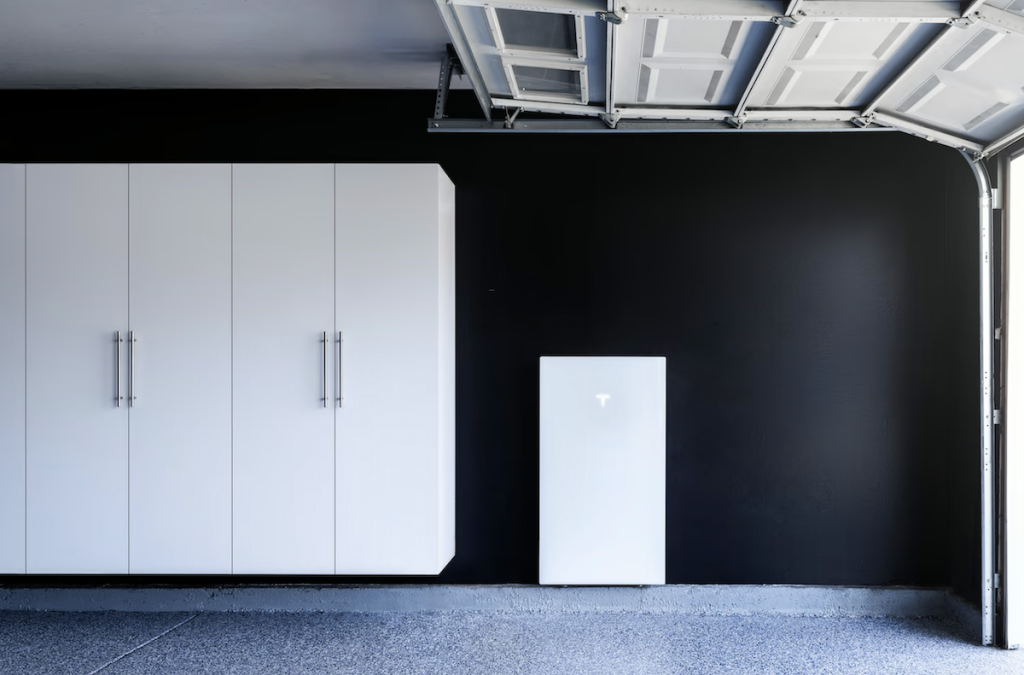
5 Common Myths About Solar Battery Storage
Myth #1: Solar Batteries Have a Limited Lifespan
One of the biggest myths about solar battery storage is that it has a short lifespan and requires frequent replacement.
While it’s true that all batteries degrade over time, modern lithium-ion batteries, often used in solar energy storage, are designed to have a long lifespan, typically ranging from 10 to 20 years or more, depending on usage and maintenance.
Debunked:
With proper maintenance and management, solar batteries can provide reliable performance for many years and offer a solid return on investment over their lifespan.
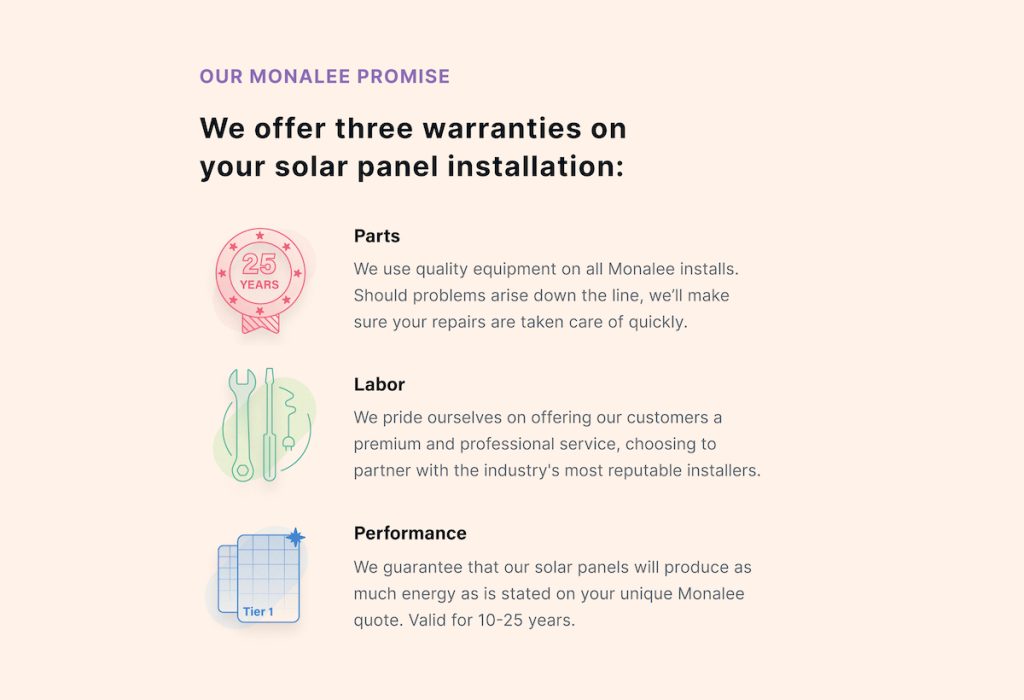
Myth #2: Solar Battery Storage Isn’t That Efficient
Some argue that solar battery storage systems are inefficient, highlighting concerns about energy losses during charging and discharging cycles.
Advancements in battery technology and system design have significantly improved efficiency levels. Plus, when properly sized and integrated into a solar energy system, battery storage can optimize energy usage and minimize waste, enhancing overall efficiency.
Debunked:
While some energy loss is inevitable, modern solar battery storage systems are highly efficient. They can effectively capture and store solar energy for later use, contributing to overall energy savings and sustainability.
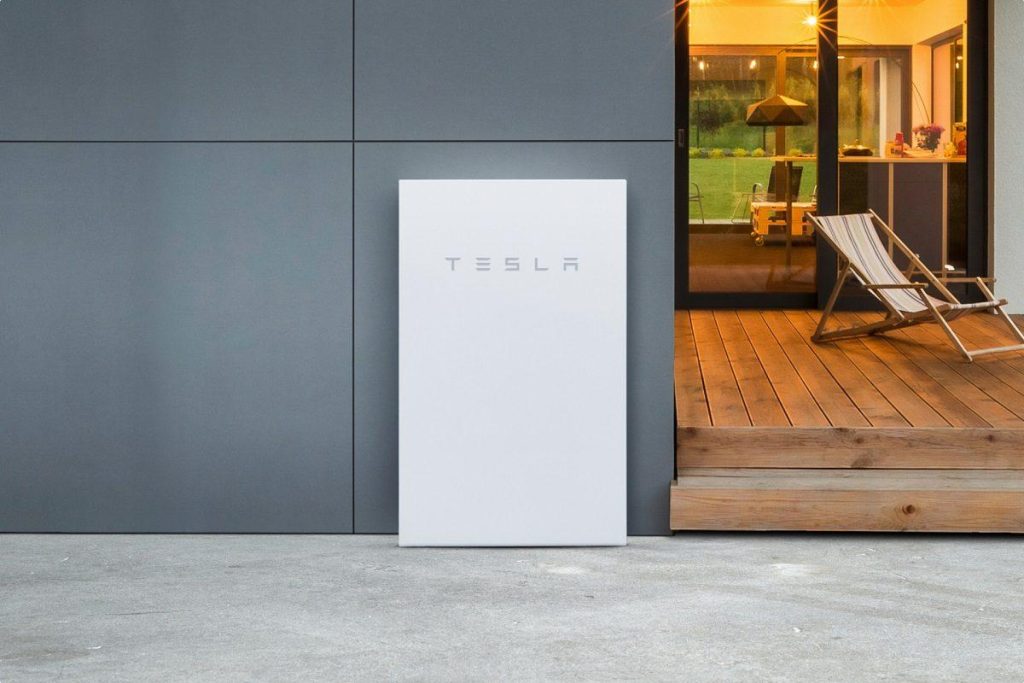
Myth #3: Solar Batteries are Expensive
Cost is often cited as a barrier to incorporating solar battery storage into an overall system.
While it’s true that battery technology has historically been costly, prices have been steadily declining in recent years due to technological advancements and increased manufacturing scale.
Various financial incentives, such as tax credits and rebates, can help offset the initial investment in solar panels and batteries, making them more accessible to homeowners than ever before.
Debunked:
Though upfront costs may exist, the long-term savings and benefits of solar battery storage, including reduced energy bills and potential revenue from grid services, can outweigh the initial investment, especially as prices continue to drop.
Solar financing is also an option for homeowners who want to spread costs out over time.

Myth #4: Only Homeowners Who Want to Live Off the Grid Need Solar Battery Storage
One of the biggest myths is that solar battery storage is solely for off-grid living.
While batteries allow off-grid properties to store excess solar energy during low sunlight, they are equally beneficial for grid-tied systems (especially during power outages). In fact, battery storage can enhance the efficiency and reliability of grid-tied solar systems by providing backup power during outages and enabling energy independence.
Debunked:
Solar battery storage is versatile and easily integrates into off-grid and grid-tied solar systems. It offers benefits such as backup power, energy independence, and increased self-consumption of solar energy.
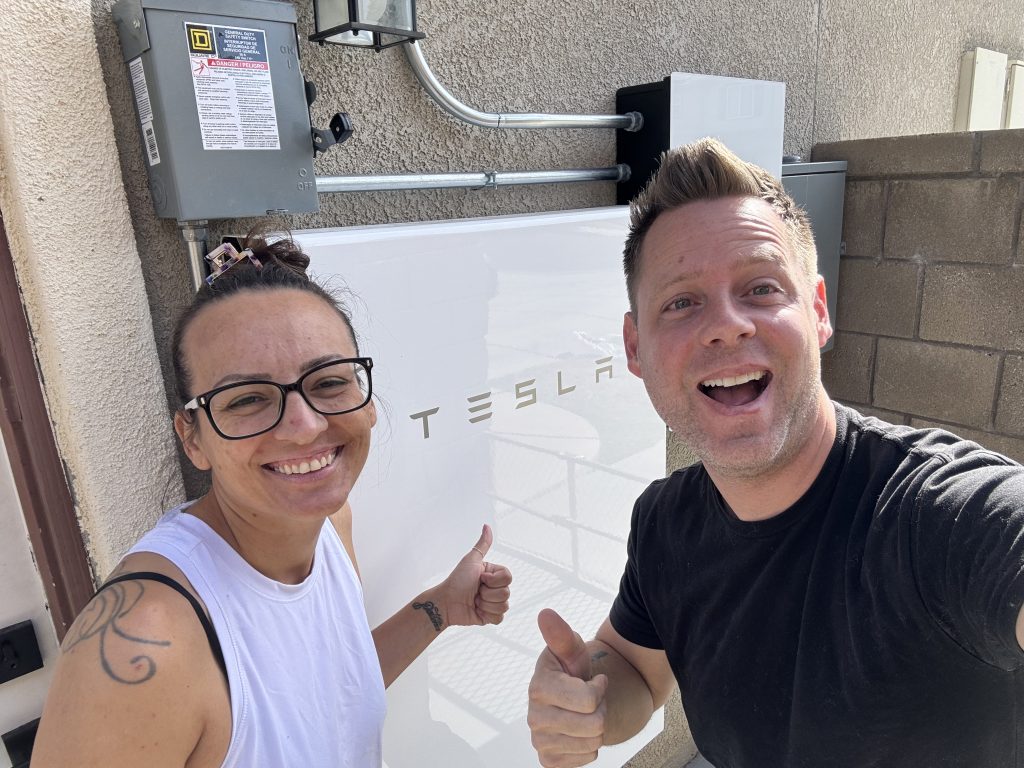
Myth #5: With Net Metering Available, Solar Battery Storage isn’t Necessary
Net metering is a great incentive for switching to solar energy, but there are limits.
For example, some states are changing how they manage net metering with utility companies, offering homeowners fewer savings potential or even removing the program altogether.
Debunked:
To offset the impact of these changes, incorporating solar battery storage is an option to give homeowners more flexibility and energy independence.
Plus, having storage available means homeowners can maintain better control of energy consumption in the event of a grid outage or during periods of high energy demand (such as using air conditioning during summer).

The Future is Solar
As the demand for renewable and sustainable energy solutions grows, debunking myths surrounding solar battery storage is important to understand climate technology better and move in the right direction.
Whether you’re considering going off-grid or enhancing your grid-tied solar system, understanding solar battery storage is key to making informed decisions and maximizing the benefits of your investment.

